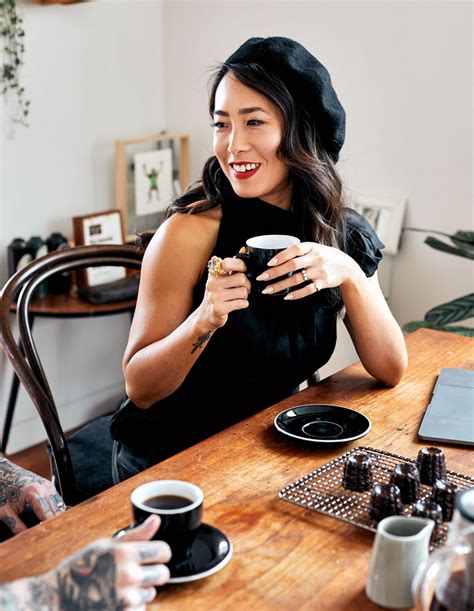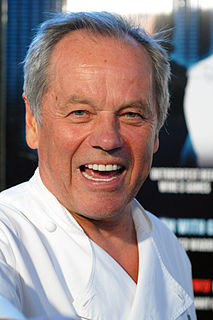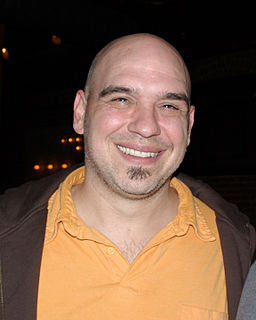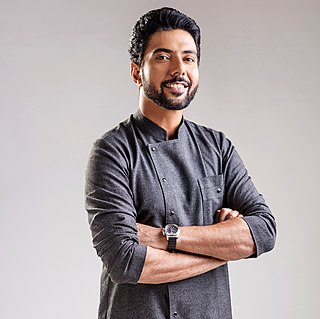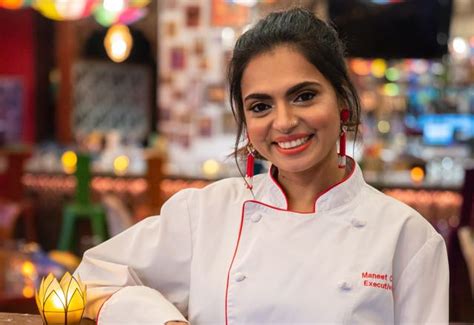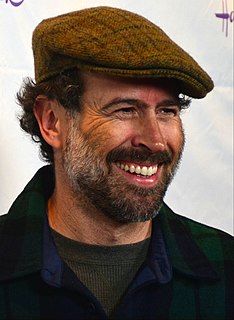A Quote by Melissa Leong
One of the best things about 'The Chefs' Line' has been seeing how these generations-honed recipes fare when they go up against professional ones.
Related Quotes
A learning experience for sure. You're always learning in this business. How to work with people and how to handle your band on a professional level. How to stick up for your band and do what you think is the right thing and to know when to let things happen against what you think is best. It's challenging but it's been a good thing for us, no doubt.
I think a lot of chefs can definitely think about great flavor combinations and stuff, but then they'll pass it along to their pastry chef to actually do it in the end. Pastries, you actually do using recipes, and it's got a little more of a science to it. It's something that a lot of times, chefs aren't really involved in coming up with throughout their career, so it makes it a little more challenging.
I just feel like it's fascinating to me just watching my own family, seeing my cousins have children here, seeing the generations go on, and seeing how people are still very connected to their home, but are actually, of course, Americans too. That sort of a hybrided sense of self is something that I yearn to see more of expressed.
Meditation is about seeing clearly the body that we have, the mind that we have, the domestic situation that we have, the job that we have, and the people who are in our lives. It's about seeing how we react to all these things. It's seeing our emotions and thoughts just as they are right now, in this very moment, in this very room, on this very seat. It's about not trying to make them go away, not trying to become better than we are, but just seeing clearly with precision and gentleness.
Somebody once told me, ‘Manage the top line, and the bottom line will follow.’ What's the top line? It's things like, why are we doing this in the first place? What's our strategy? What are customers saying? How responsive are we? Do we have the best products and the best people? Those are the kind of questions you have to focus on.
As a writer, you're always trying to say the best thing. You're always thinking about what's the best thing to say, and what's the hardest way to say it, and what's the best line? Sometimes the best line is the simplest line. Sometimes the best line is the line that evokes more feeling than actual wordsmithing.
